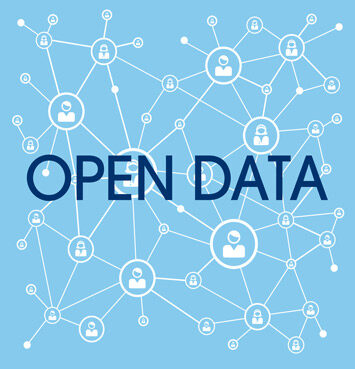
Data are considered to be “open” if anyone can freely access, use, re-use and redistribute them, for any…
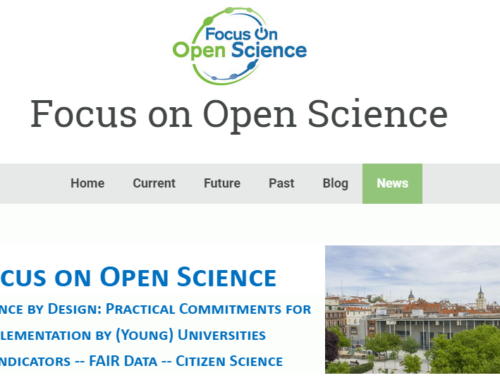
“Focus on Open Science” – Madrid july 8th, 2019 organised by: Scientific Knowledge Services in collaboration with UCL…
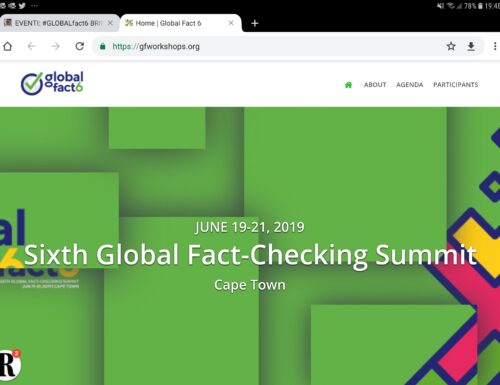
The Global Fact-Checking Summit (Global Fact) is the premier conference dedicated to fact-checking worldwide. Global Fact is organized…
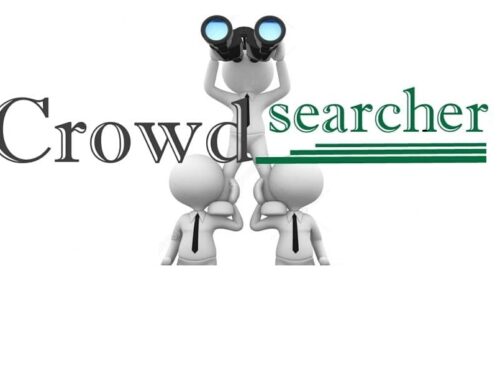
Do you know how to spot disinformation online? #FakeNews EU_Commission #TackleFakeNews ↓ #EUvsDisinfo pic.twitter.com/XWyk2wh3VJ ▶dsn — Safety &…
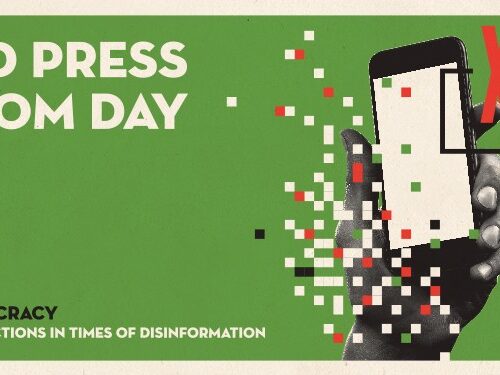
Every year, 3 May is a date which celebrates the fundamental principles of press freedom, to evaluate press…
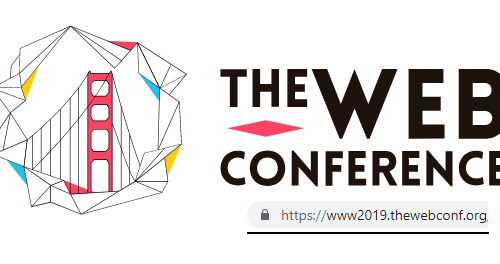
May 14, 2019, San Francisco, CA, USACo-located with The Web Conference 2019 International Workshop on Misinformation, Computational Fact-Checking…
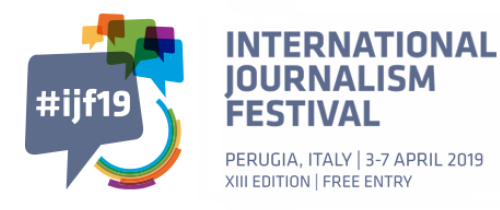
The impact of disinformation on human rights The Internet, and in particular, social media, increasingly impact how people’s…

Let’s save our children from misinformation and misleading content Let’s save our children from misinformation and misleading content.…

Preparing for the next wave: video fake news A startlingly realistic new breed of AI-driven faked videos is…

Journalism, fake news and disinformation: equipping journalism for the fightback The targeting of journalists and news organisations –…
Tema Seamless René, sviluppato da Altervista
Apri un sito e guadagna con Altervista - Disclaimer - Segnala abuso - Privacy Policy - Personalizza tracciamento pubblicitario










